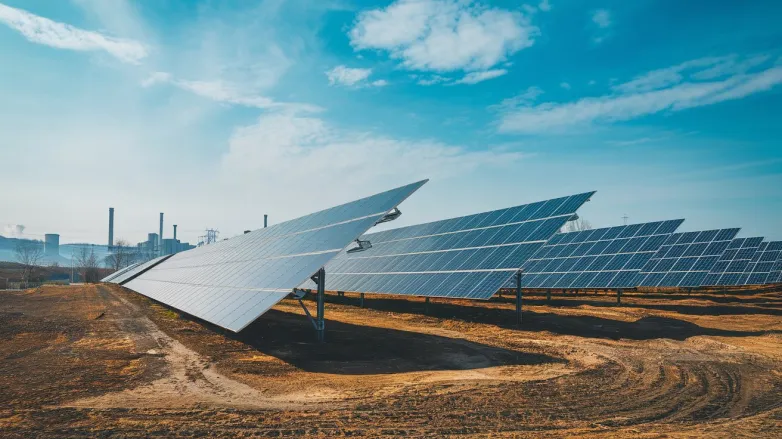Germany's PV Auction Awards 2.27 GW Amid High Demand
Aug 15, 2025 09:39 AM ET
- Germany's PV auction awards 2,271 MW at competitive prices, showcasing strong developer interest and financeable projects despite rising costs and grid challenges.

Germany's Federal Network Agency awarded 2,271 MW in a recent oversubscribed ground-mounted PV auction, with 258 projects selected from 2,820 MW of bids. Bid prices ranged from €0.040/kWh to €0.0626/kWh, averaging €0.0484/kWh, below the €0.068/kWh cap. Bavaria led with 689 MW across 106 projects, followed by Rhineland-Palatinate and Lower Saxony.
The auction results highlight strong developer competition despite grid and permitting challenges, maintaining low support costs amid rising equipment prices. The sub-€0.05/kWh clearing prices indicate financeable utility-scale sites. Future rounds may see price increases due to rising wage and financing costs and grid expansion efforts.
How did Germany's recent PV auction achieve low prices despite industry challenges?
- Increased Competition Among Developers: The oversubscription of the auction indicates a high level of competition among developers, driving down bid prices as companies strive to secure contracts.
- Economies of Scale: Larger projects and advancements in technology have allowed developers to achieve economies of scale, reducing overall costs and enabling lower bid prices.
- Technological Advancements: Improvements in photovoltaic technology have increased efficiency and reduced costs, allowing developers to offer lower prices while maintaining profitability.
- Government Support and Policy Stability: Consistent government policies and support for renewable energy projects have provided a stable environment for investment, encouraging competitive pricing.
- Favorable Financing Conditions: Despite rising equipment prices, favorable financing conditions, such as low interest rates, have helped developers maintain low bid prices.
- Strategic Site Selection: Developers have strategically selected sites with optimal solar resources and existing infrastructure, reducing development costs and allowing for lower bids.
- Experience and Expertise: Experienced developers with a track record of successful projects are able to optimize project design and execution, leading to cost efficiencies and competitive pricing.
- Local Manufacturing and Supply Chains: The presence of local manufacturing and supply chains for solar components has helped mitigate some of the cost increases associated with global supply chain disruptions.
- Innovative Business Models: Developers are employing innovative business models and financial structures to reduce costs and offer competitive prices in the auction.
- Long-term Contracts and Revenue Stability: The potential for long-term power purchase agreements (PPAs) provides revenue stability, allowing developers to offer lower prices with confidence in future returns.
Also read

